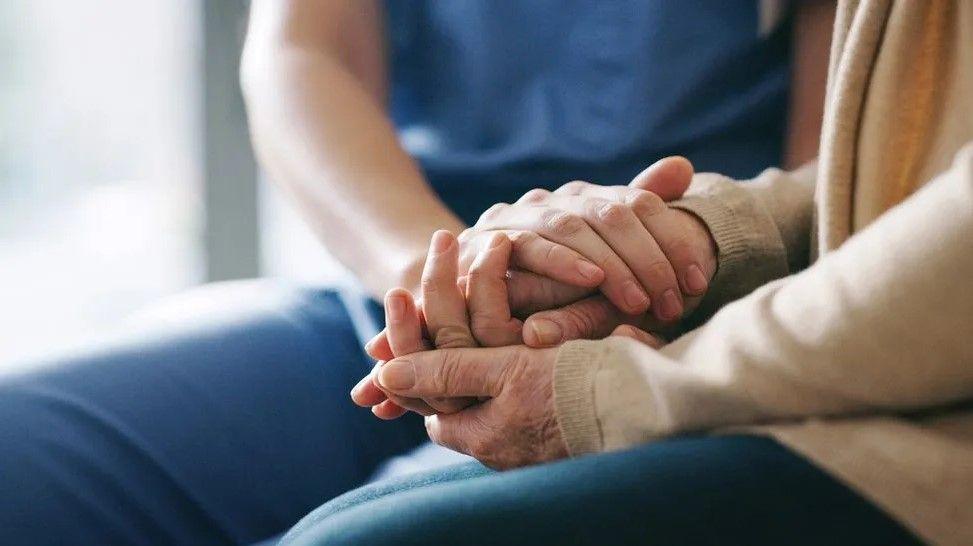Dying face postcode lottery, says daughter
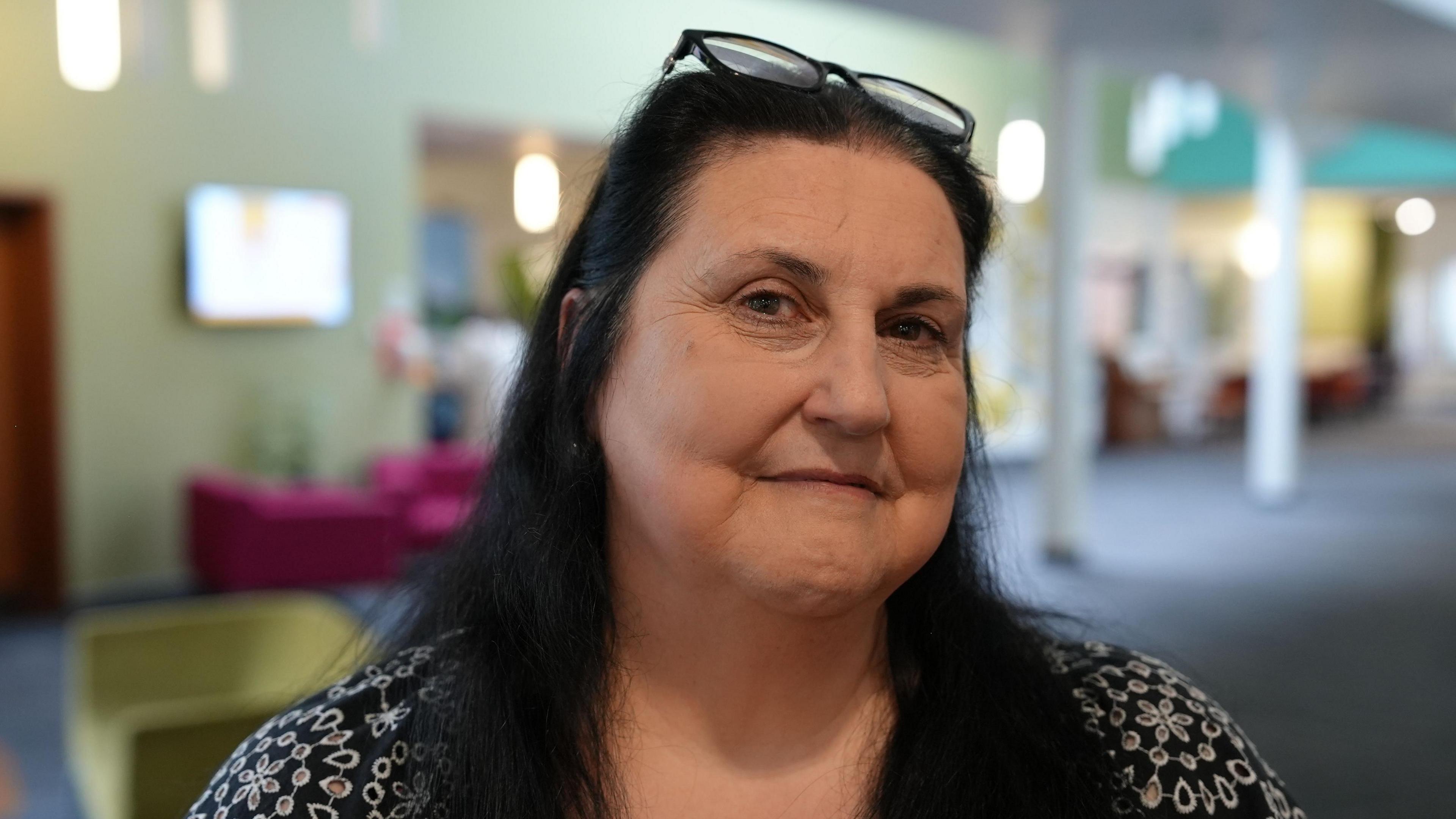
Lynda Browne believes more needs to be done to care for those at the end of their lives
- Published
A woman has criticised end-of-life care services, claiming people who are dying face a postcode lottery.
Lynda Browne, from Solihull, lost both her mother and aunt in recent years, but said they received very different levels of support.
While her mum was looked after by the Marie Curie hospice, she said her aunt "was not a priority" for health professionals.
The government said it wanted a society where everyone received high-quality and compassionate care.
Palliative care is often delivered by hospices, charitable organisations funded by donations as well as the NHS, but in many cases government funding has not kept pace with rising costs.
In April, a national group warned that hospices across the UK were facing a £77m funding deficit.
Last week, Marie Curie called for palliative and end-of-life care to be made a priority.

Keir Starmer, the prime minister, and health secretary Wes Streeting are being urged to do more
Ms Browne got support from a Marie Curie hospice when her mother died, but when she cared for her aunt Mary she received no support at home.
"The level of care should be the same," she said. "It should be seamless. At the moment it is too disjointed.
"I don't get how it can't be a priority. We're all going to die so how is it not a priority?
"With an aging population people are going to be alone and in pain. That's not right."
The charity found one in three dying people were severely or overwhelmingly affected by pain in the last week of life.
It called on ministers to develop a national strategy due to rising demand and an aging population.
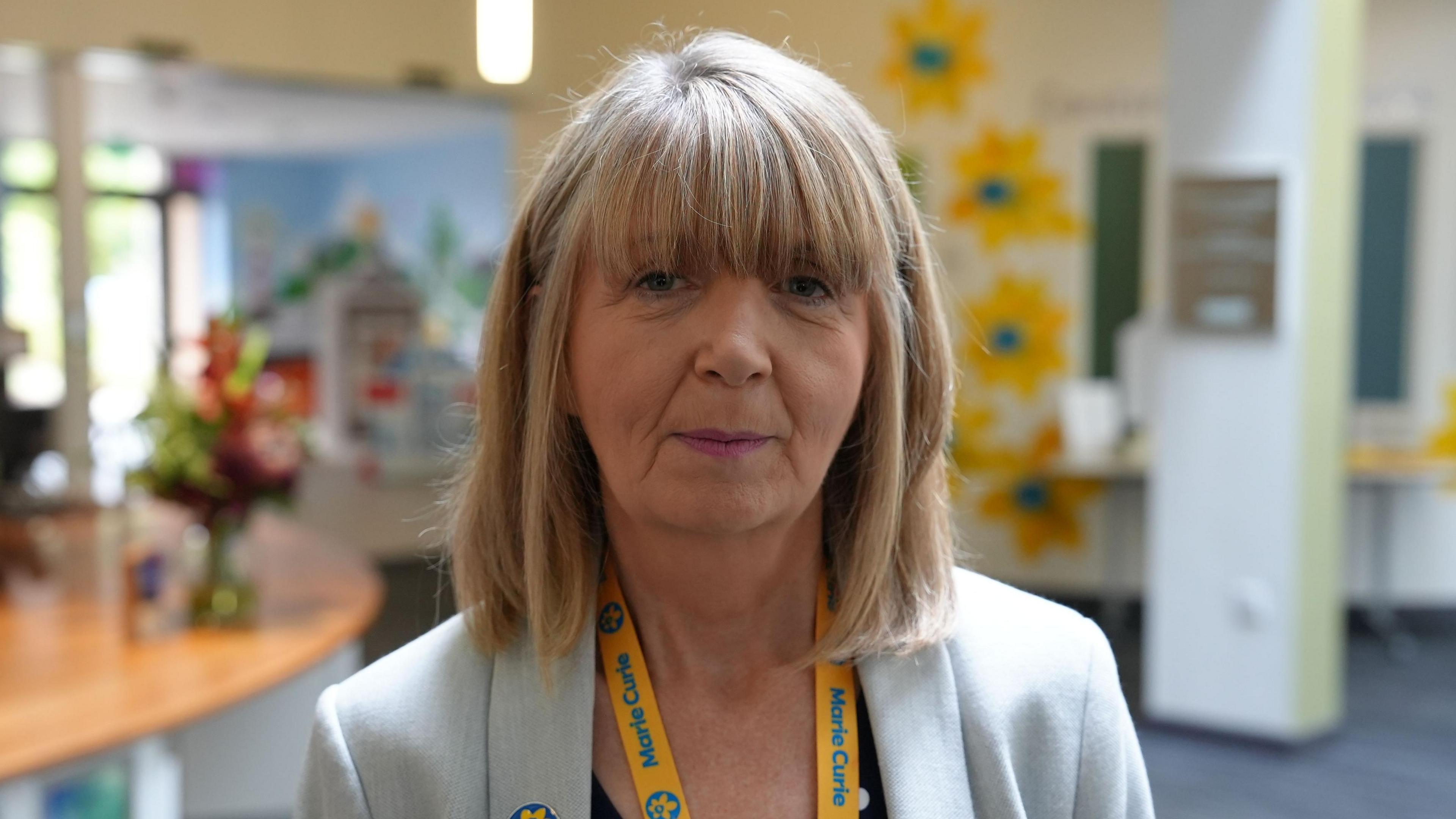
Susan Morgan has said the UK is facing a palliative care "crisis"
Susan Morgan, Marie Curie's associate director, said the country faced a palliative care "crisis" that would only get worse as demand ramped up.
"We're struggling to cope currently," Ms Morgan said.
"We've got people that are having to access hospital services because they can't get the right care in the community."
A Department of Health and Social Care spokesperson said: "We are determined to shift more healthcare out of hospitals and into the community to ensure patients and their families can access the personalised care they need."
Get in touch
Tell us which stories we should cover in Birmingham and the Black Country
Follow BBC Birmingham on BBC Sounds, Facebook, external, X, external and Instagram, external.
Related topics
- Published3 September 2024
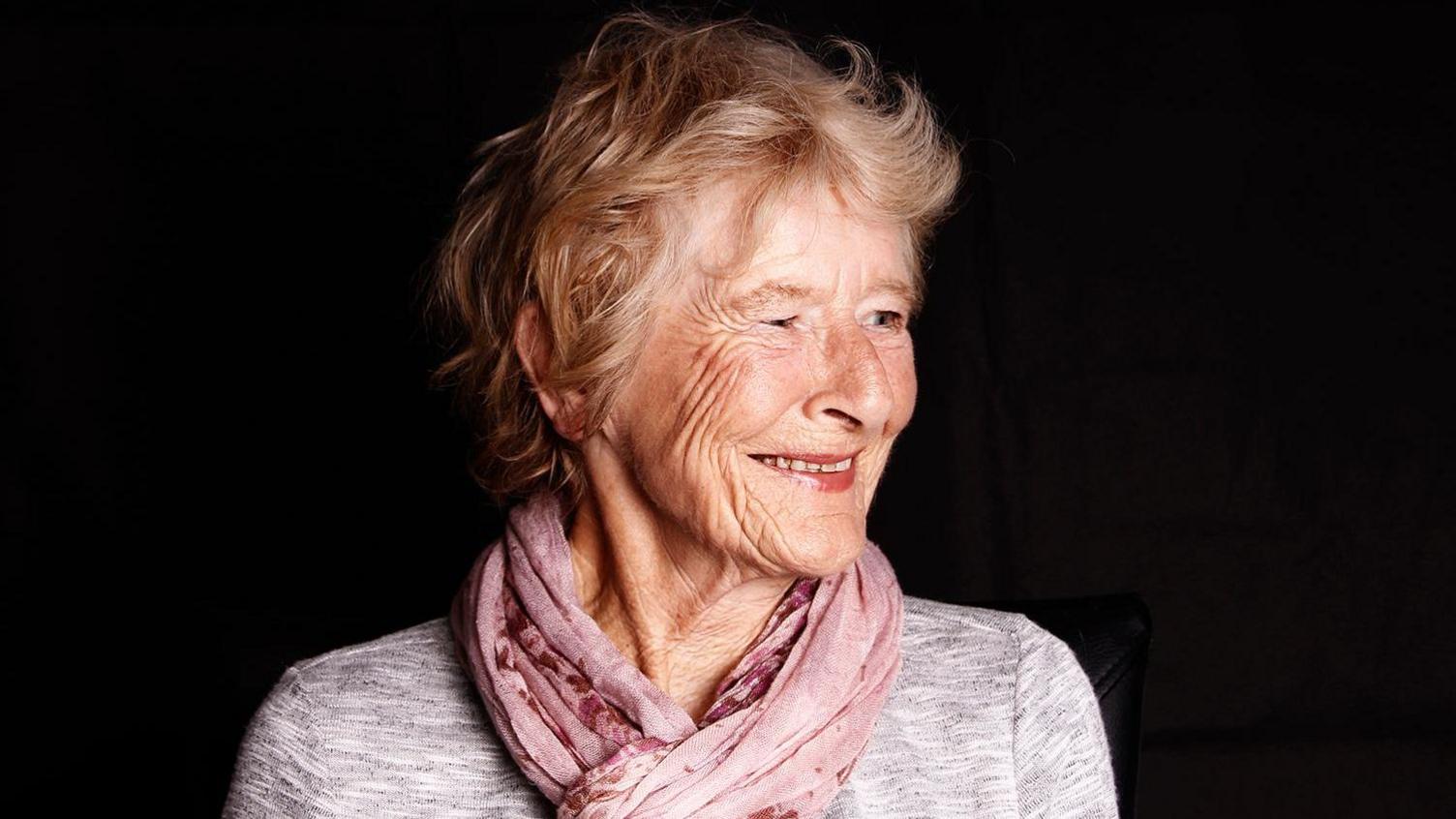
- Published23 August 2024
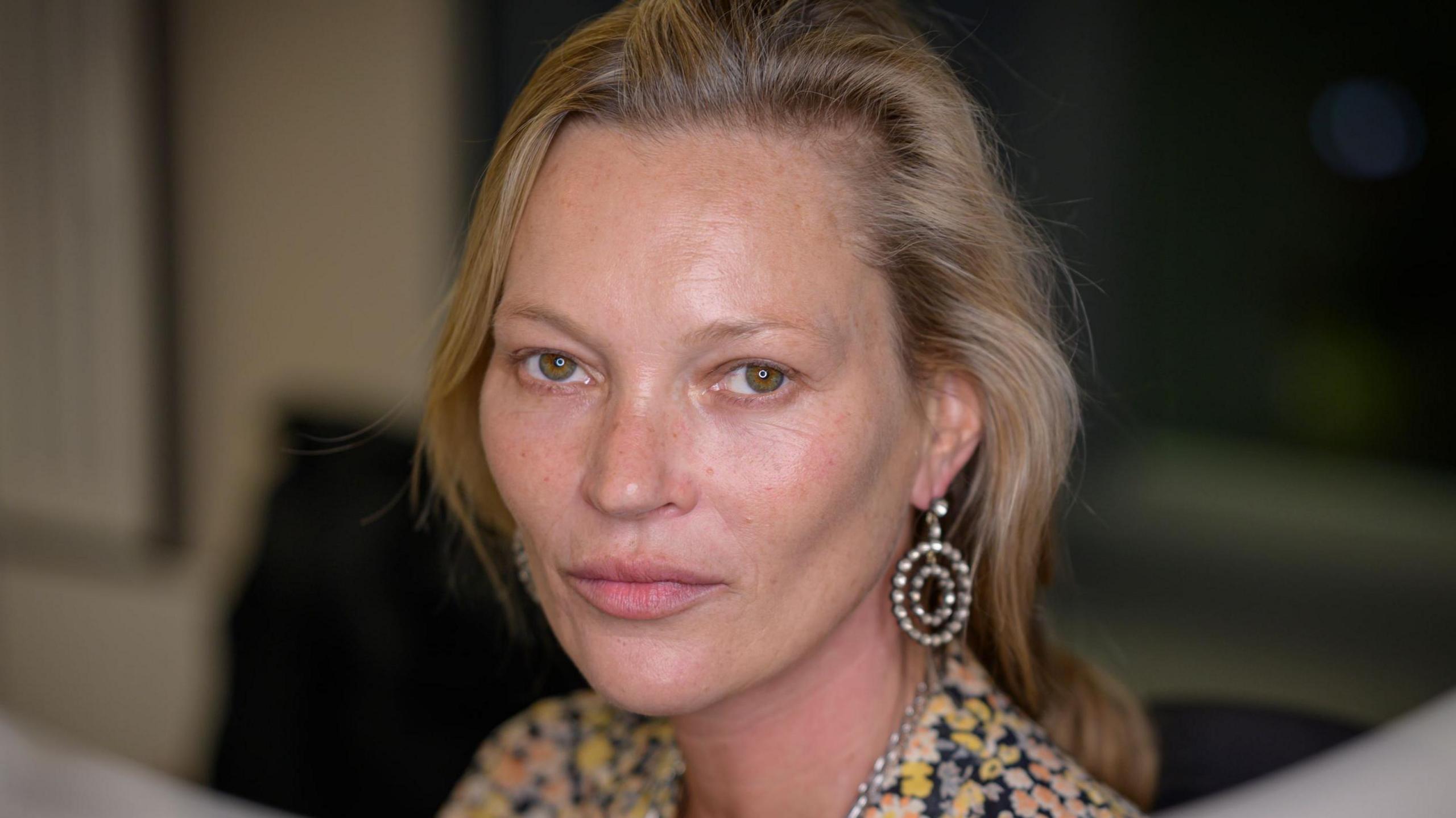
- Published13 April 2024
